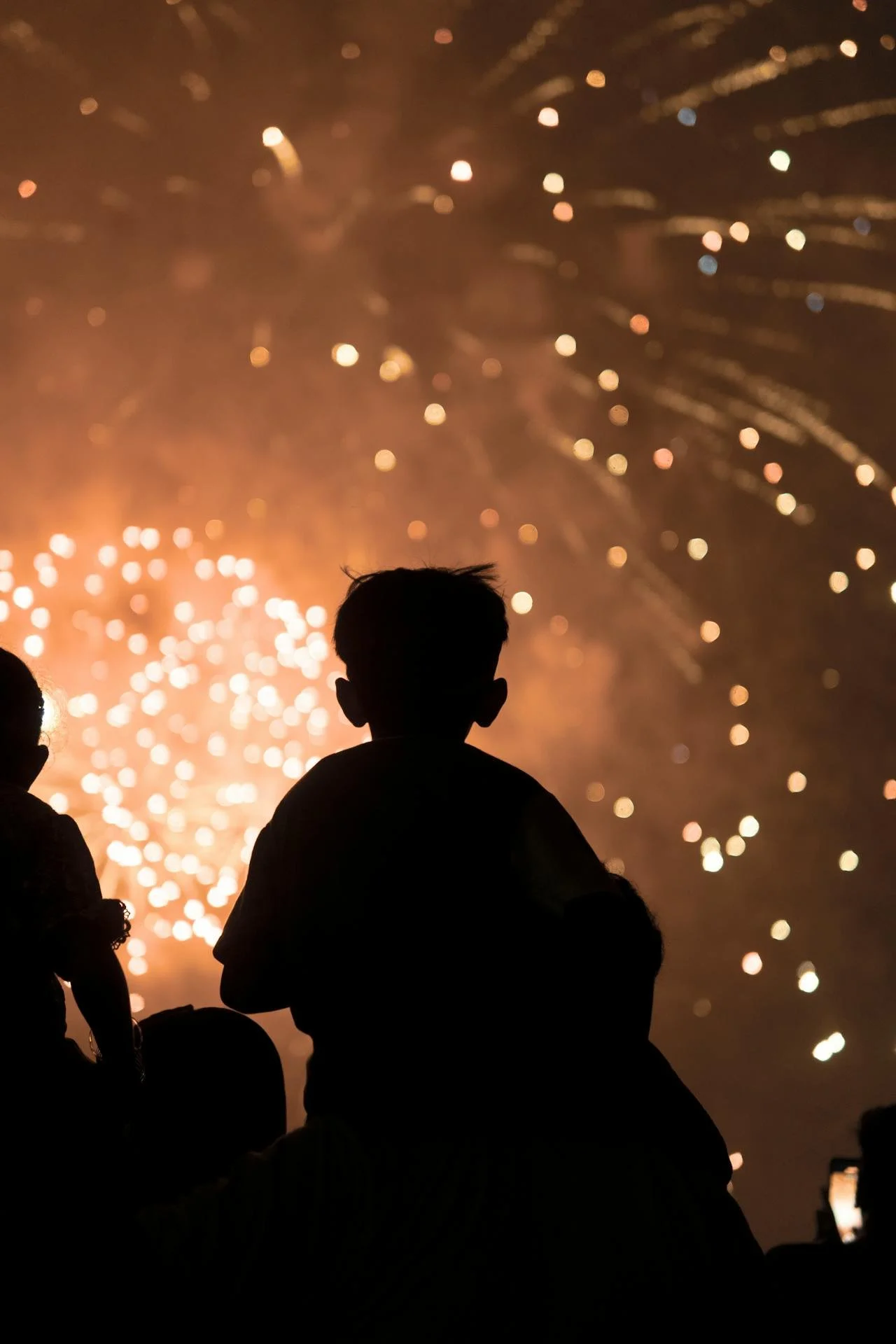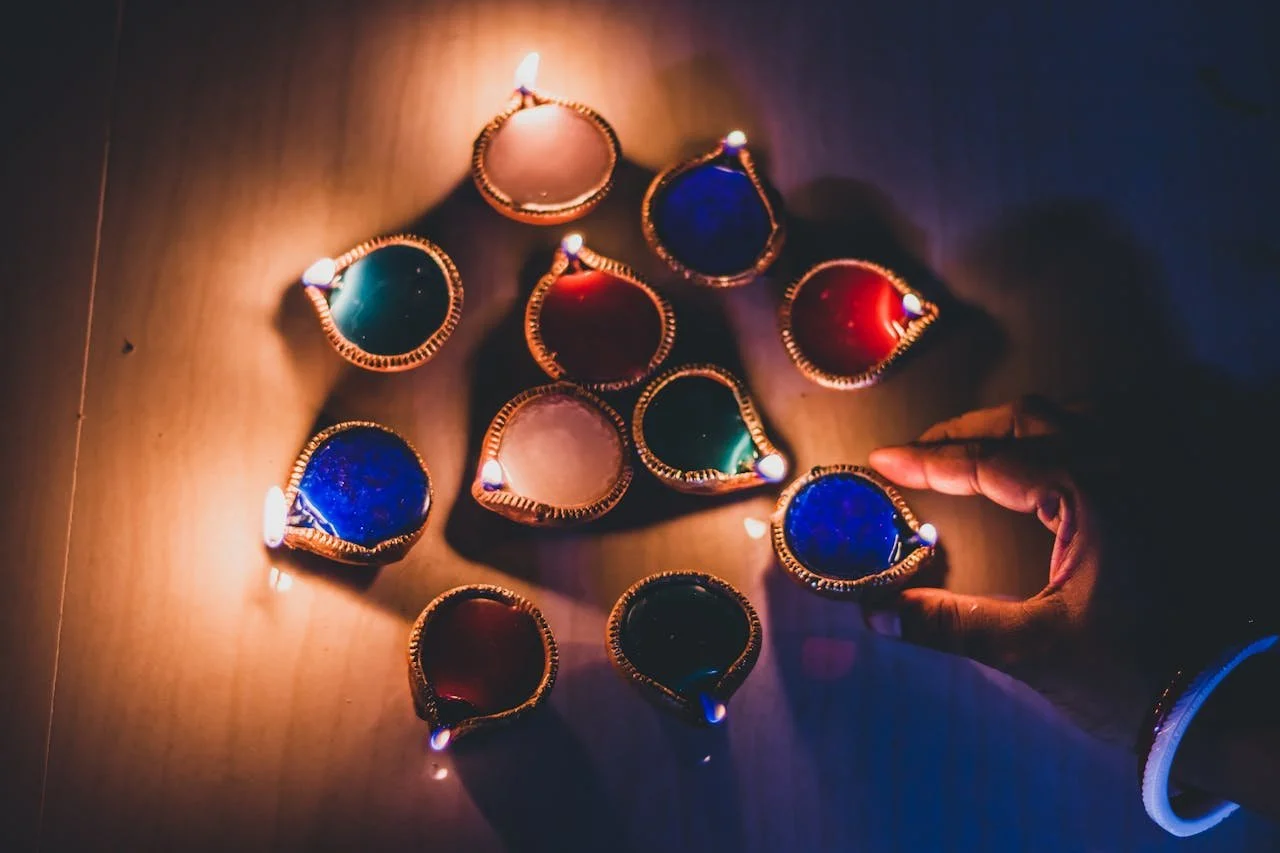What Culture Will I Pass Down?
When I was young, my parents used to tell me stories about their childhood in India. I remember them talking about visiting Hindu temples for holidays, stopping at roadside stalls for fresh coconut water, and watching newly released Bollywood films in crowded theaters. To them, these weren’t just memories—they were pieces of a vibrant, textured life. And through these stories, I began to understand them better.
But I never lived those experiences myself.
Growing up in the U.S., I had my own set of customs. I celebrated Halloween with Jack-o’-lantern candy buckets, went on 8-hour road trips to visit our closest cousins for Thanksgiving, and watched Fourth of July fireworks with friends. These moments are etched in my memory not just as traditions, but as cultural touchpoints—ones that shaped my identity and made me feel at home in a place that, at times, felt far from my parents’ stories. In many ways, this is the culture I lived, the one I’ll likely share with my kids in the same way my parents passed down their Indian customs.
So I ask myself: what about my own set of Indian customs? What have I created or inherited that bridges both worlds?
I don’t have tales of growing up in India to share with them. I can’t describe the feeling of attending a cricket match, or waking up to the scent of chai made by a grandparent. My connection to India came through others, rarely through firsthand experience. And while I cherish the fragments I’ve inherited, I also recognize their distance from me.
My understanding of Indian customs feels incomplete. I don’t speak any of the languages fluently. My connection to religion is sporadic at best. At times, I wonder if my version of Indian culture is diluted—or if it’s simply different. Is it lesser because it isn’t traditional? Or is it just evolving, shaped by my context and geography?
There were moments growing up when embracing Indian culture felt like an obstacle to fitting in, so I kept it at arm’s length. But now, I’m actively working to change that.
Why? Because I do care. Culture, even when distant, carries meaning. It connects me to my family, to my roots, to a lineage of people who made my life possible. Honoring where we come from doesn’t always mean replicating it exactly. It can also mean learning, remembering, and evolving.
So maybe when I have kids, I won’t pass down stories of India in the same way my parents did. I will rather tell them about our family’s history. I will share how their grandparents came to a new country and kept their culture alive through food, language, festivals, and film. I will teach them that we are shaped by many forces like our heritage, but also our surroundings. That identity isn’t fixed. It’s a living, breathing thing.
Culture changes. It adapts. Sometimes, it even becomes more beautiful in this process.
I’ve come to see that maybe I’m not the end of a tradition. Rather, I’m a turning point in it. A cultural bridge between generations. And when my children look back someday and ask what it means to be Indian-American, I hope they’ll see our lives as part of a broader, evolving story. One that honors where we came from, while also embracing who we are now.
And isn’t that what culture has always done? Changed over time?
Maybe the culture I share with my future kids won’t look like cricket matches and visits to Hindu temples. But it will still be ours. And it will still be sacred.

